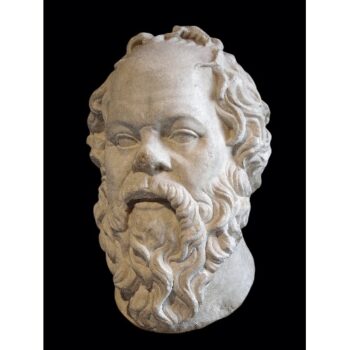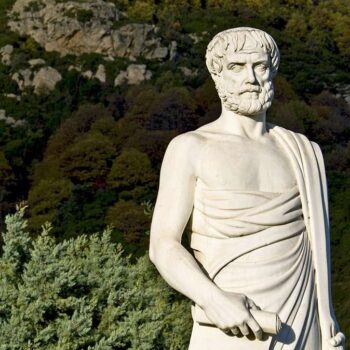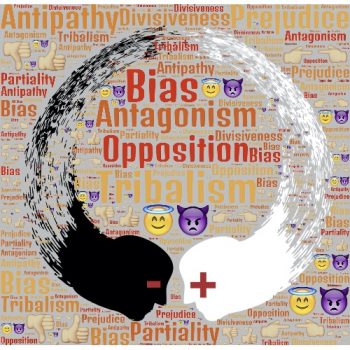48a [[The sun is new everyday.]] (K 48a, S, R, D 6, L&M D91a)
Compare: The sun is [not only, as Heraclitus says,] new each day [but forever continuously new]. (From Aristotle’s Meteorology 2.2.355a 13, Robinson, F 6).
48b [[The sun is extinguished in old age, but rekindled again.]] (K, 48b, Plato)
Compare Laks and Most’s text from the Scholia on Plato (D91b): “Heraclitus of Ephesus, a natural philosopher, said that when the sun arrives at the western sea, it sets in it and is extinguished; then passing under the earth and arriving in the east, it is kindled once again; and this is repeated incessantly.”
We might be tempted to take 48a as a simple statement of poetic value: Like the standard interpretation of the statement “you can’t step in the same river twice,” might Heraclitus simply be stating that everything is in flux, that things continually change? This certainly aligns with Suda’s view that “he wrote many things poetically” (LM R11).
However, the traditional way of interpreting 48a and 48b sees them as more than merely poetic statements, but as a part of Heraclitus’ ancient cosmology. Multiple sources indicated that Heraclitus thought that the sun literally was extinguished and rekindled daily. Indicating some very general agreement with Diogenes Laertes, Kahn suggests the views may be connected in some way to the teachings of K 38, which discuss the movement of elements from one to another, as heat turns cold and the dry moist and the day fades into night (K, p. 165). Diogenes, for his part, discusses connections between elements and the passing of time somewhat concretely: “Day, night, months, the seasons of the year, rainy years, winds, and similar phenomena come about because of different evaporations. [11] For bright evaporation makes day when it is kindled in the circle of the sun, but when the contrary one prevails it produces night. And heat, increased by the bright one, makes summer, while moisture, made preponderant by other phenomena as well, along the same lines….” (DM R46, p. 253).
Heraclitus’s question today appears childlike. A child might well ask: Is the sun that rises each day always the same one, or might it be a different one, like a cosmic egg laid anew each day? The answer that ancient sources attribute to Heraclitus indicate his attempts to explain scientifically ideas of folk psychology of ancient peoples. It is thus historically interesting. But of course, the only viable option today for entertaining the fragments as they stand remains the poetic one with which we started. Each day brings something new. Life is ever changing.


